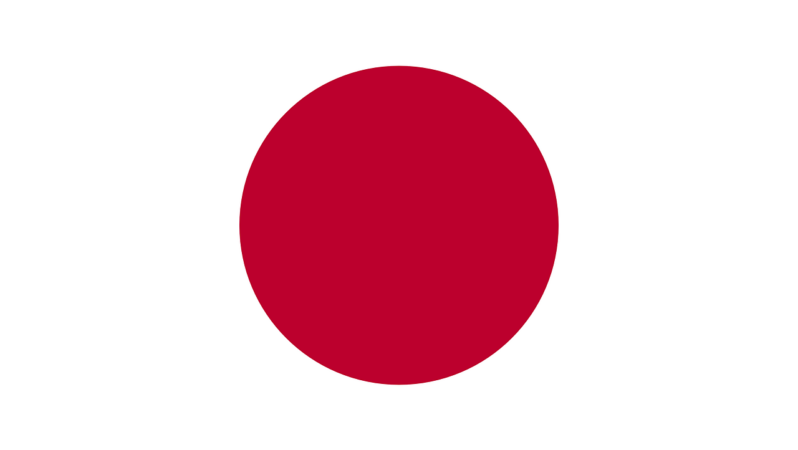Japan’s economy, which has operated under different conditions than other advanced economies, is expected to take significant steps towards normalization with the end of the “30-year wage stagnation” period. Japan’s largest labor federation, the Japanese Trade Union Confederation (Rengo), announced that the first round of wage negotiations with employers this year ended with an average of 5.28%. This rate marked the highest level in 33 years.
While wage increases among smaller companies averaged 4.42%, some large corporations announced they would offer raises exceeding demand.
Japanese steel company Nippon Steel proposed a raise of over 14.2% to its employees, while Japanese car manufacturers offered raises of over 5% to balance inflation for their employees.
Toyota, Japan’s largest car manufacturer, offered its employees the largest wage increase since 1999 by fully accepting their demands.
The company agreed to the union’s request for a salary increase of up to ¥28,440 ($194) per month and a record bonus payment. Another car manufacturer in the country, Nissan, also positively responded to the union’s average monthly wage increase request of ¥18,000.
In the service sector, Japan Airlines announced it would give its employees the highest base salary increase since 1992, averaging 6%.
Japan’s focus on job security rather than high wages culturally is often cited as the main reason for the long-standing wage stagnation in the country.
Average wage increases are expected to exceed 4% this year According to 5,272 unions affiliated with Rengo, the average wage increase seen in spring 2023 was 3.58%.
Analysts noted that with many major firms offering strong wage increases, this year’s average is expected to exceed 4%.
According to Nomura, a Japanese investment bank, large Japanese companies could expect an average wage increase of 5.1% for their employees.
Highest wage increases in recent years pave the way for BoJ to move away from zero interest rate policy Annual wage negotiations, known as “shunto” (spring wage offensive), will conclude this month, and developments are closely watched by policymakers as a factor that could affect the Bank of Japan’s (BoJ) ultra-loose monetary policy.
While the BoJ has long aimed to increase real wages, Japan’s conservative governments aim to trigger a positive inflation cycle where wages rise faster than prices, thus stimulating domestic demand.
While real wages have been declining for 22 consecutive months, officials shaping Japan’s economy expect sharp wage increases to boost household spending and lead to more stable economic growth.
As incomes in Japan increasingly lag behind in international comparisons, it is noted that the highest wage increases in recent years also pave the way for the BoJ to move away from its zero interest rate policy.
BoJ’s upcoming meeting in focus for markets Announcements of wage increases by major Japanese companies above those of 2023 raise expectations that favorable wage trends will provide leeway for the BoJ to make fundamental policy changes.
The BoJ, which will decide on the key interest rate on March 19, sees strong wage increases as an important precondition for moving away from the zero interest rate policy implemented for years.
Analysts suggest that with inflation persistently above the central bank’s 2% target for over a year and expectations of sustainable wage increases, the bank may now be moving towards a turnaround in interest rates.
Meanwhile, Japan’s average headline inflation, which was 3.2% last year, fell to 2.2% in January.
On the other hand, Jiji Press, one of Japan’s two largest agencies, reported that the BoJ made final preparations to end negative interest rates at its upcoming monetary policy meeting.
Japan last raised interest rates in 2007. Unlike other leading industrialized countries, Japan has long struggled with deflation, which means a slowdown in inflation.
Wage increases come amid price hikes following the COVID-19 pandemic and the Russia-Ukraine War Another factor causing a shift in opinions on wages between unions and companies was the price increase in Japan following the onset of the COVID-19 pandemic and Russia’s war in Ukraine.
The escalating population decline has also highlighted labor shortages. While the workforce in Japan is already decreasing by more than 600,000 people annually, this number is increasing.
The possible return of Japan to a global wave of interest rate hikes avoided by the BoJ so far is expected to be the country’s first interest rate hike since 2007.
The exit of the BoJ from negative interest rates is expected to impact not only companies and households but also global capital flows.
 Anasayfa
Anasayfa Canlı Borsa
Canlı Borsa Borsa
Borsa Döviz Kurları
Döviz Kurları Altın
Altın Hisse Senetleri
Hisse Senetleri Endeksler
Endeksler Döviz Hesaplama
Döviz Hesaplama Döviz Çevirici
Döviz Çevirici Kredi Arama
Kredi Arama




































































































